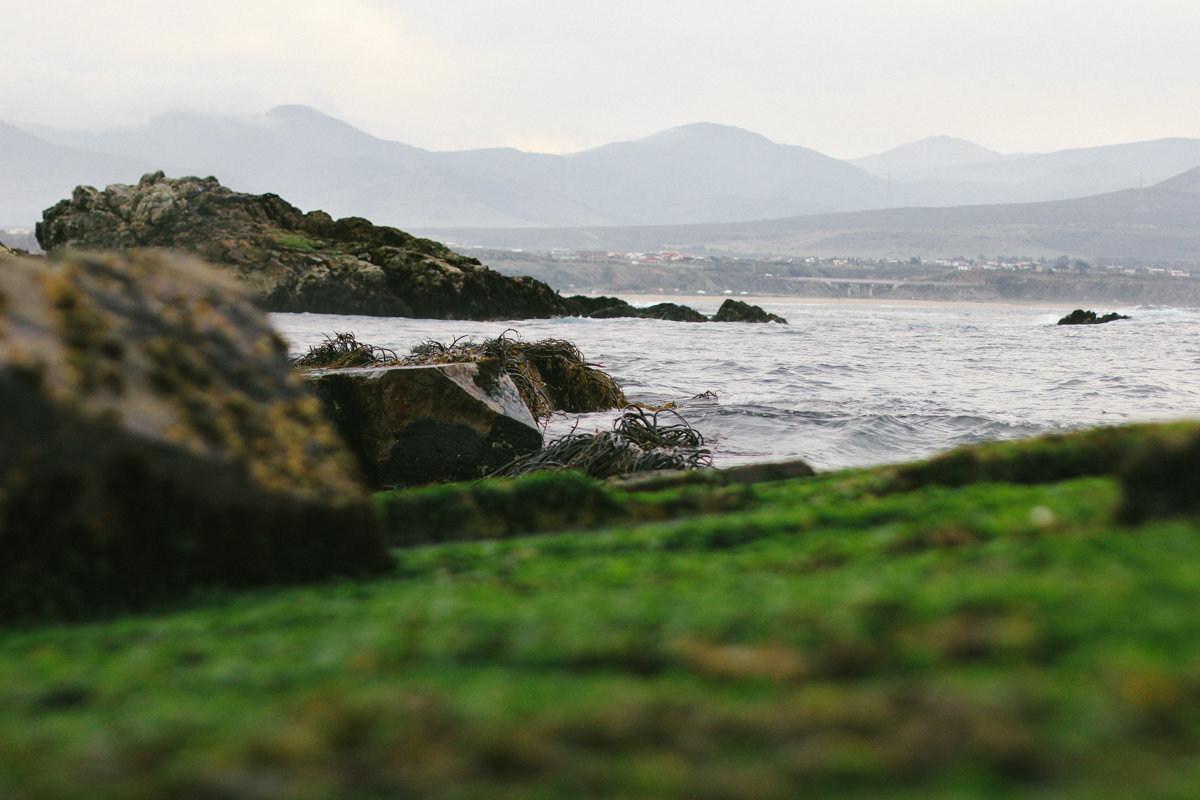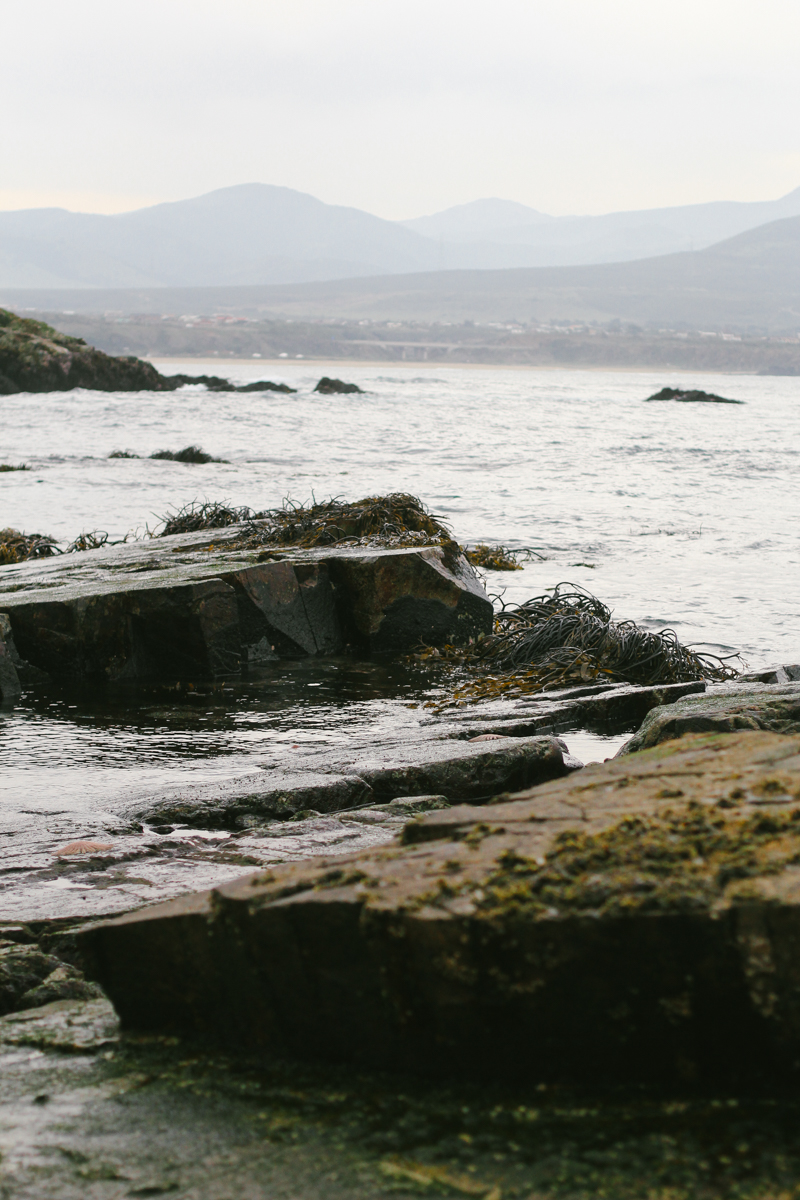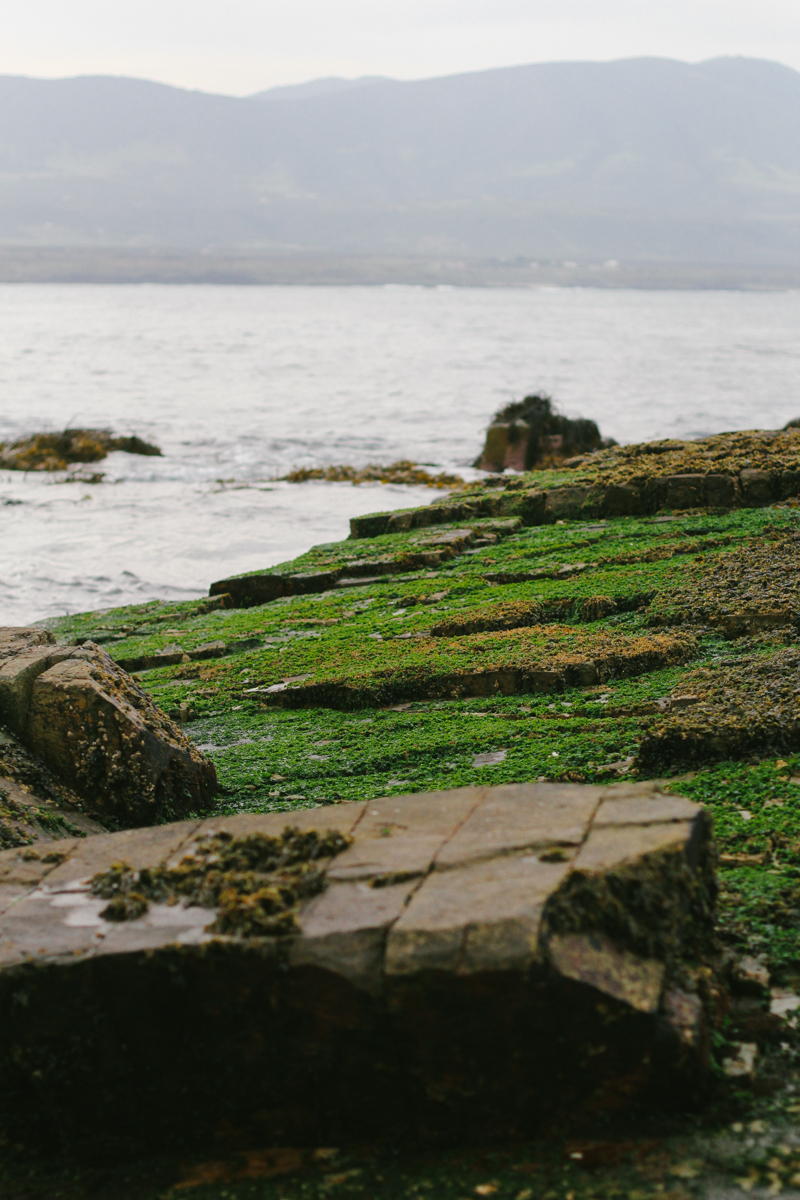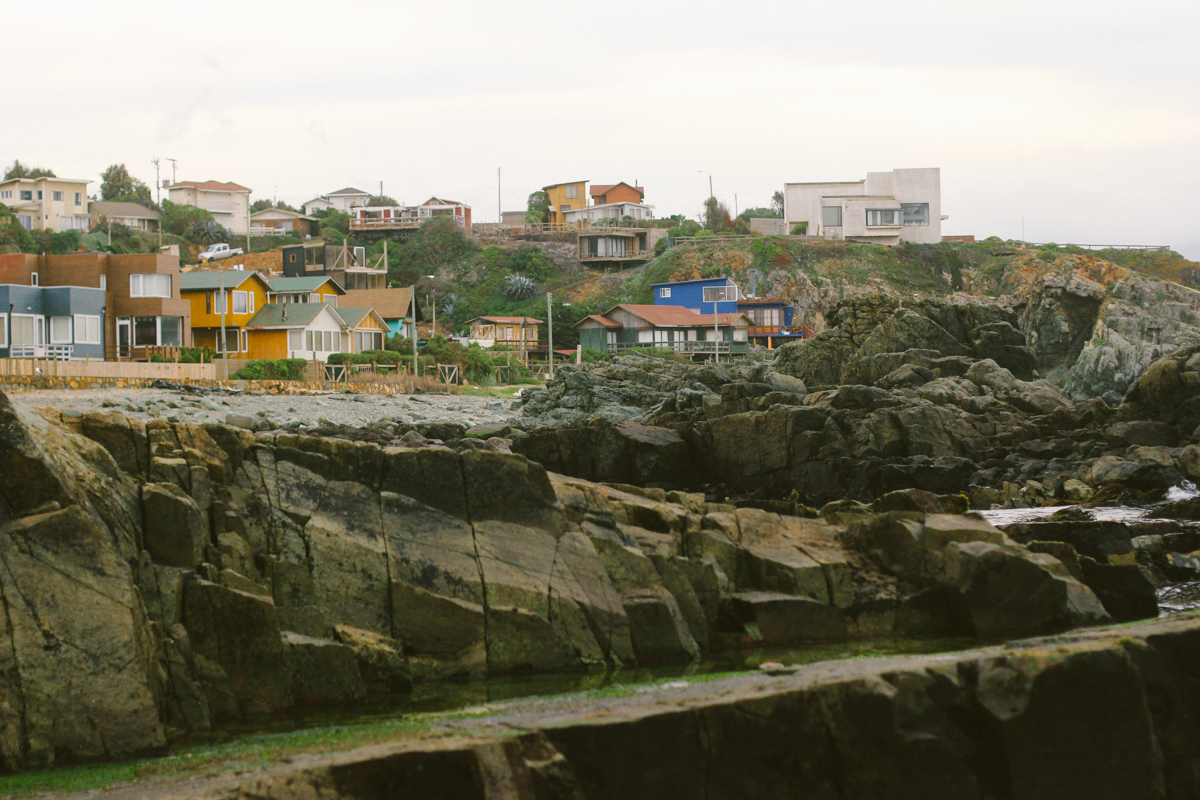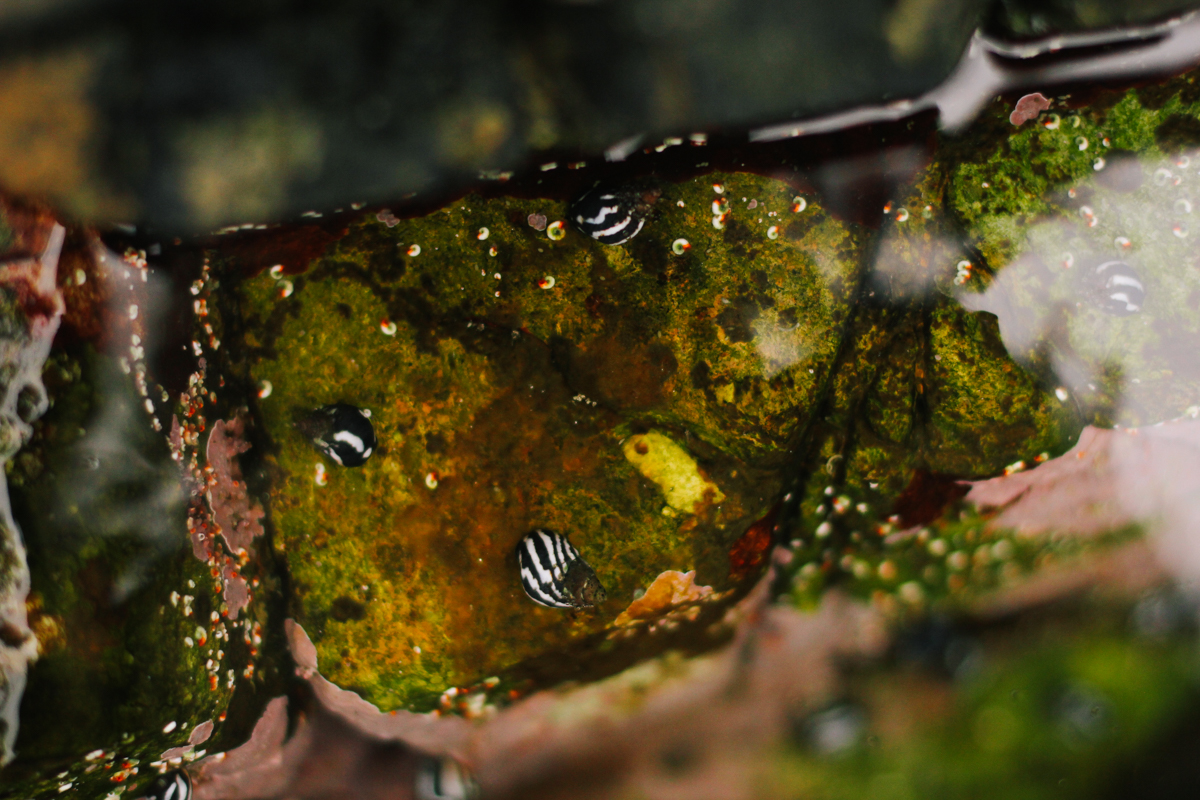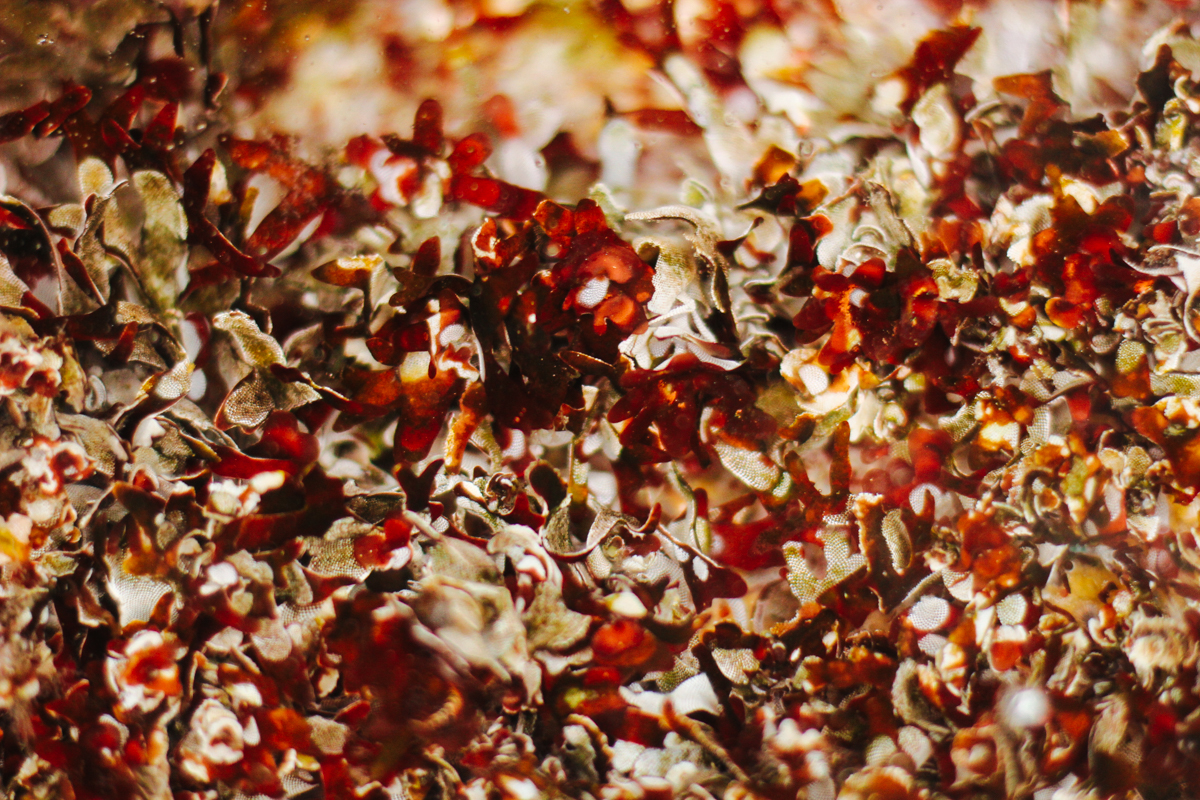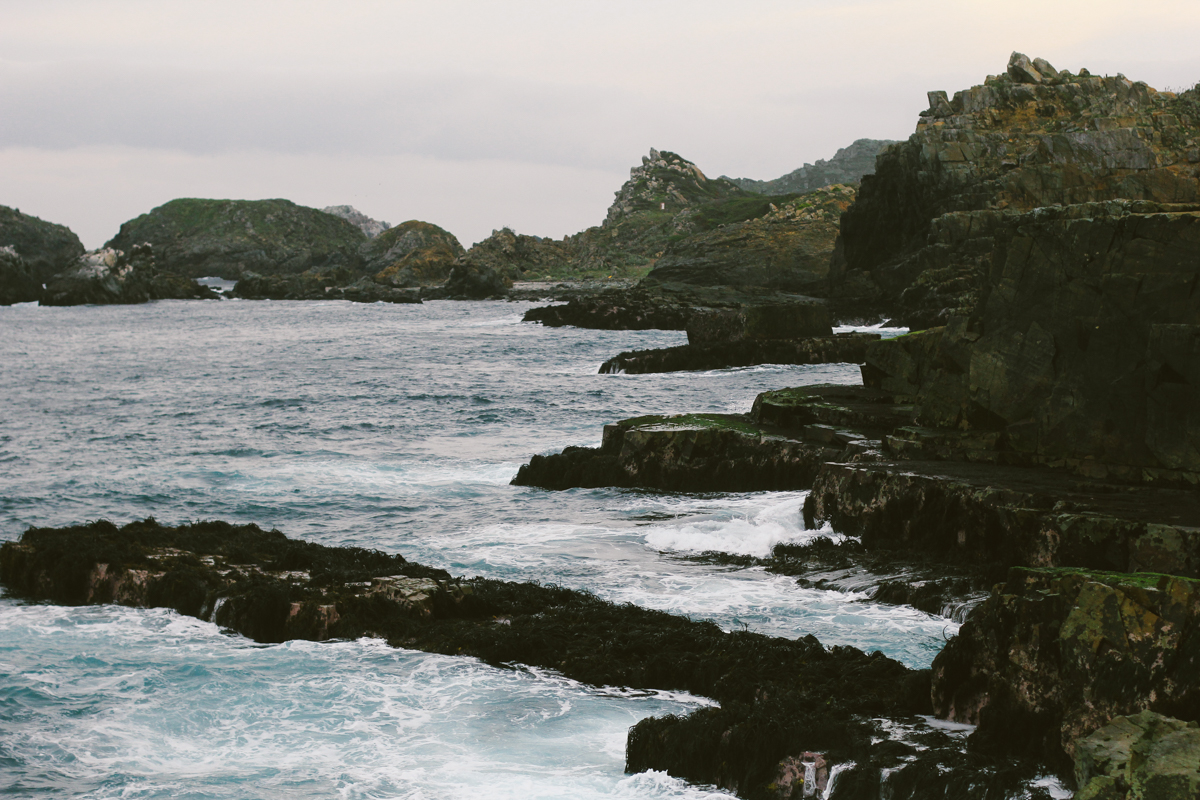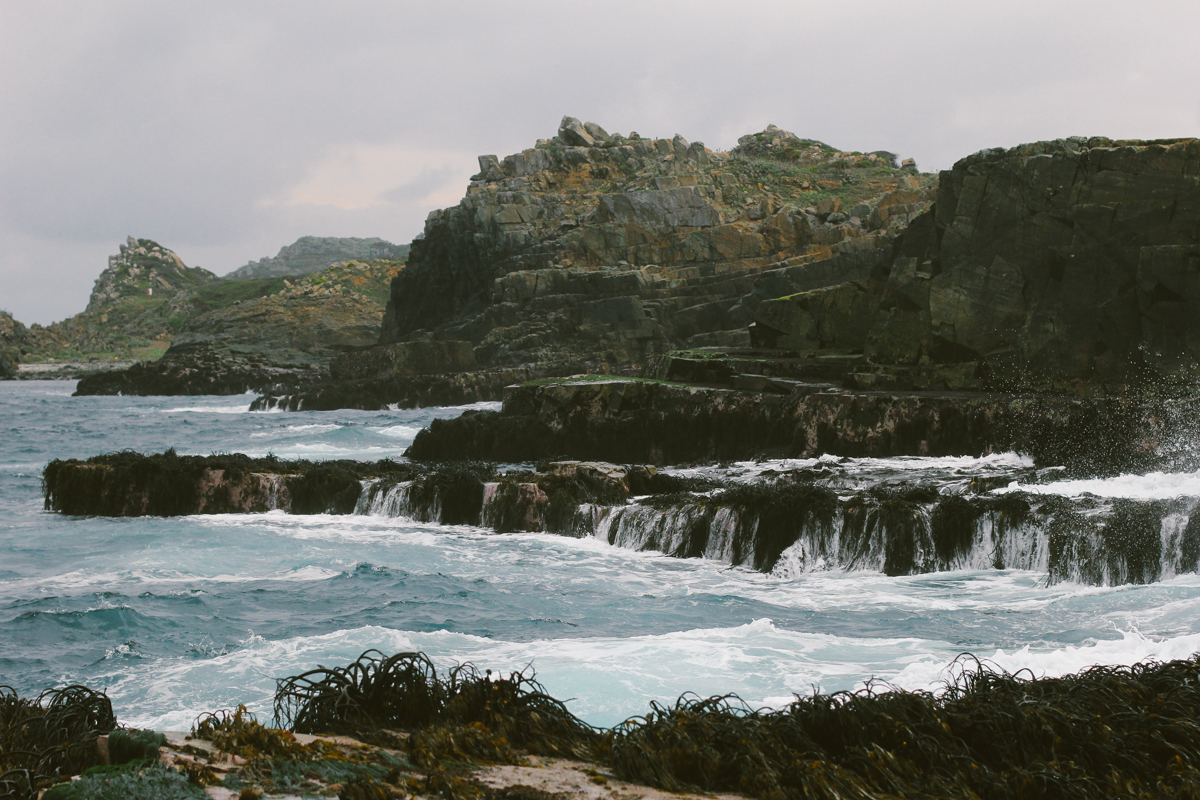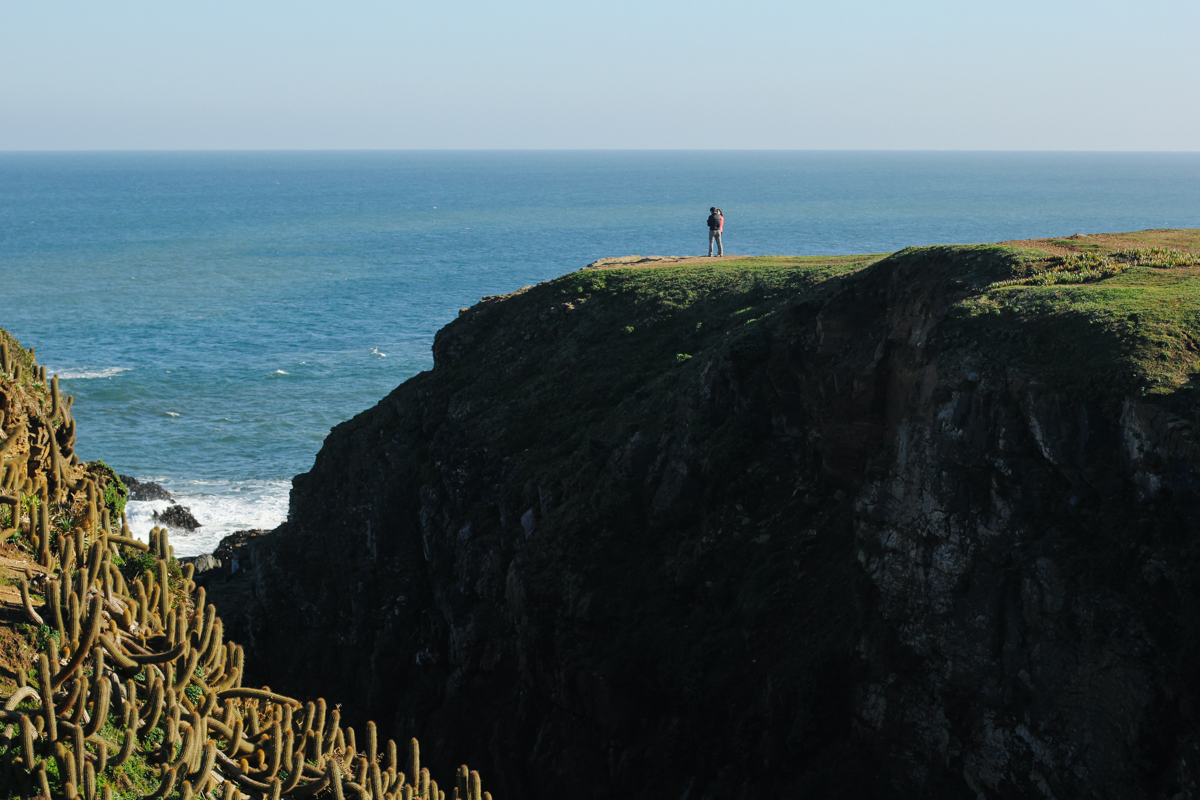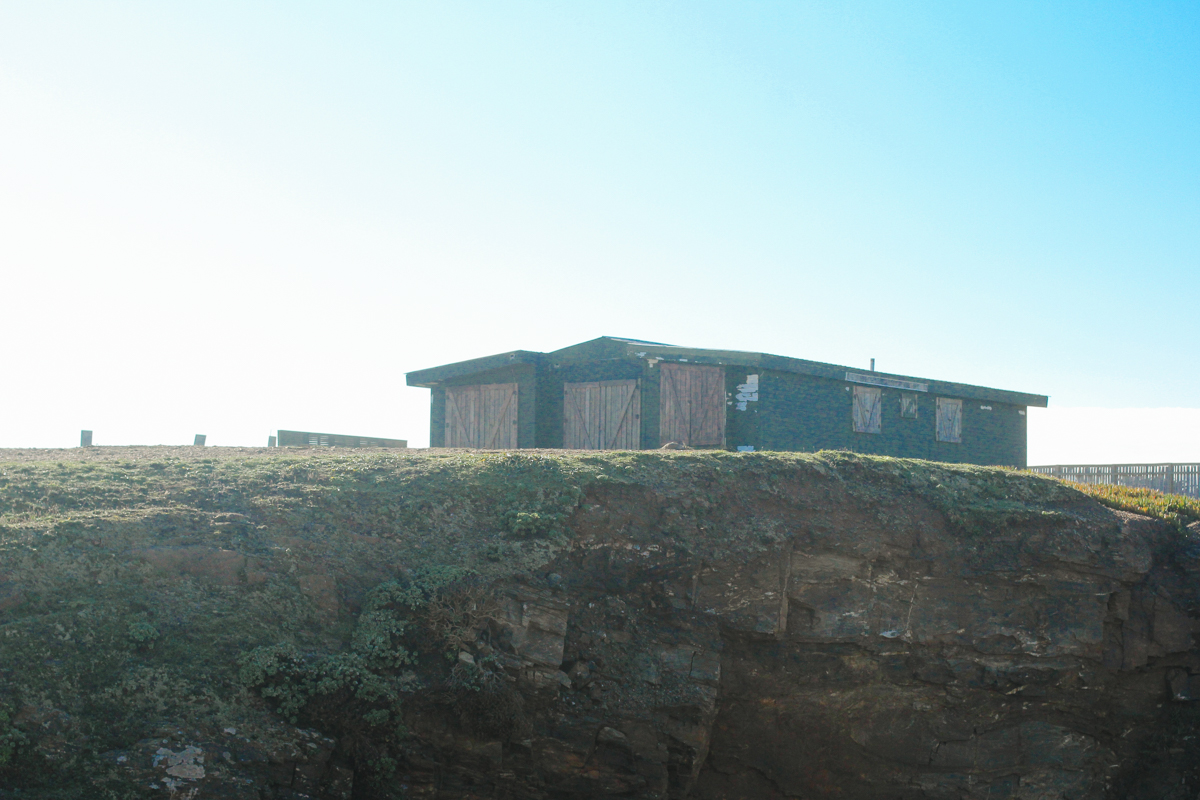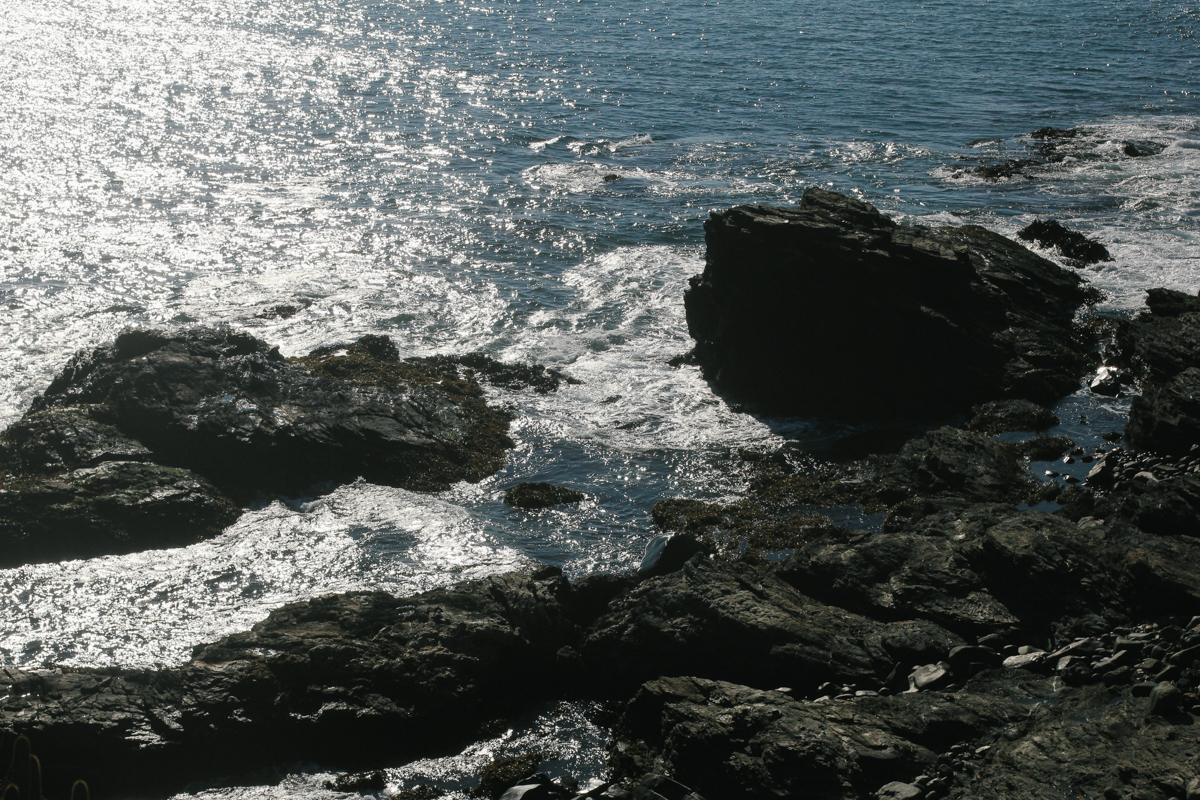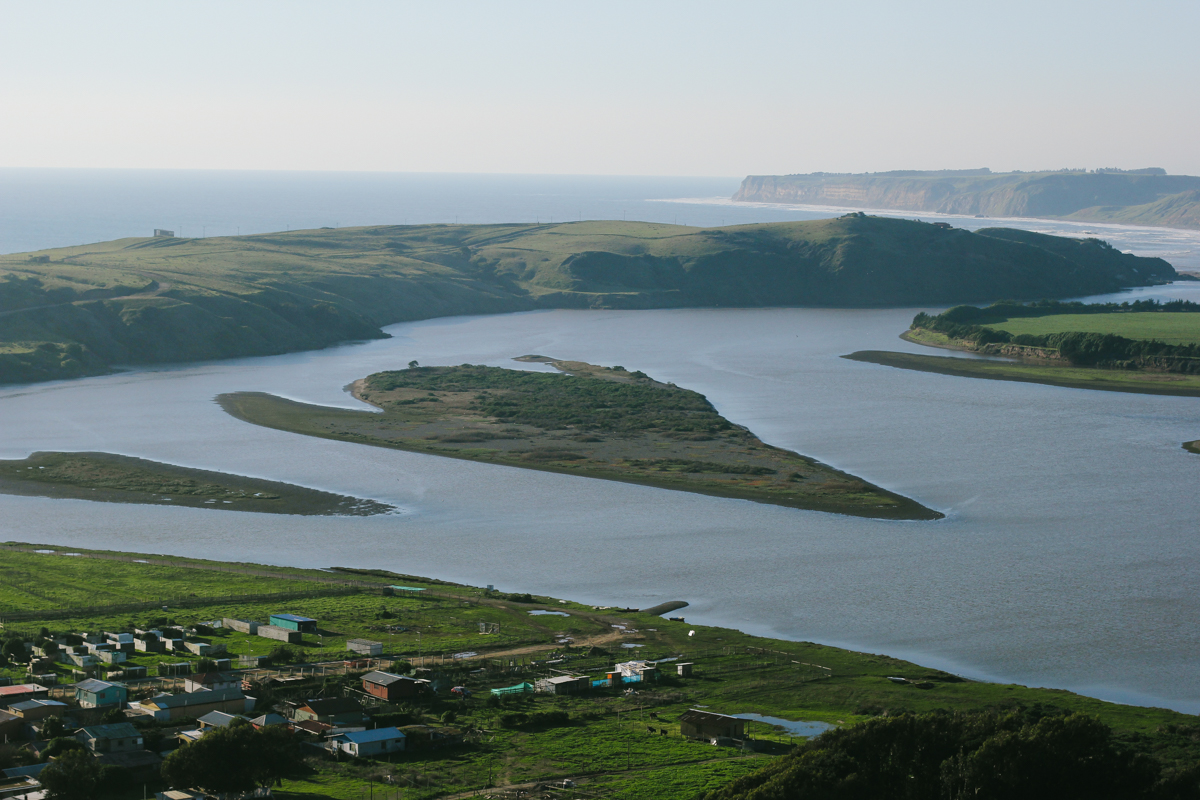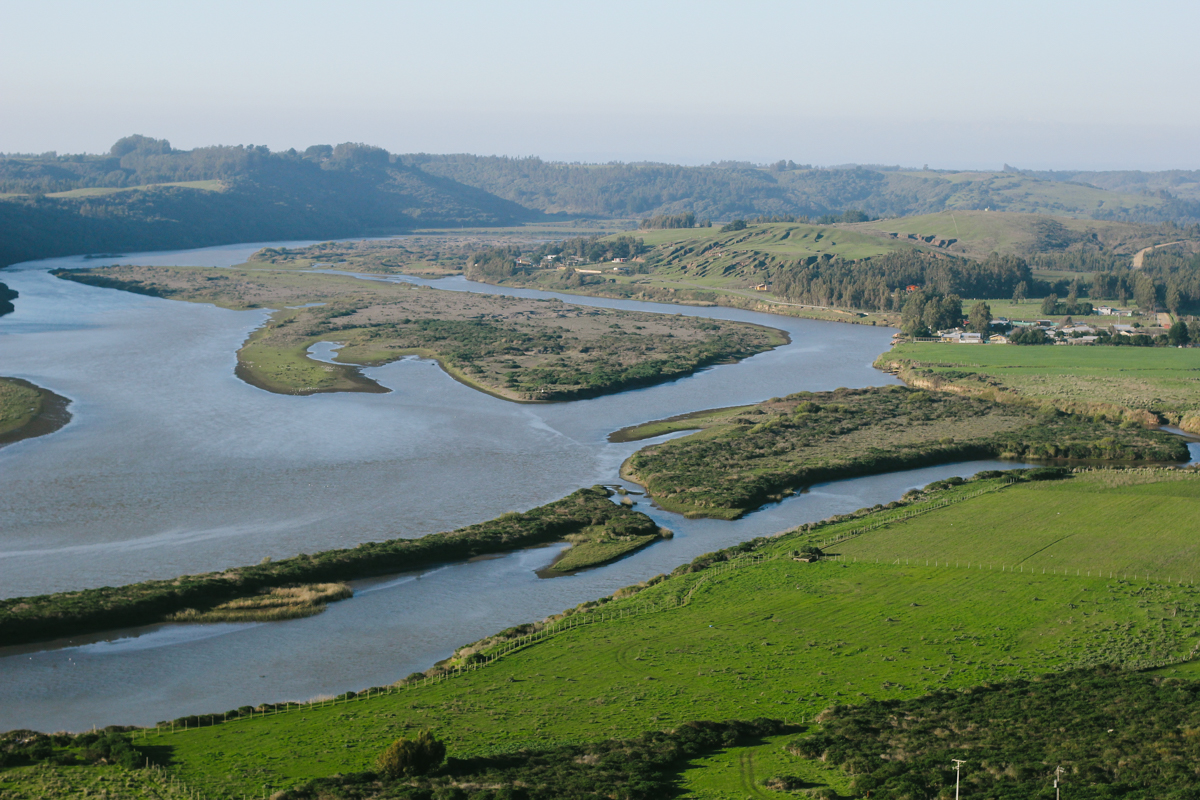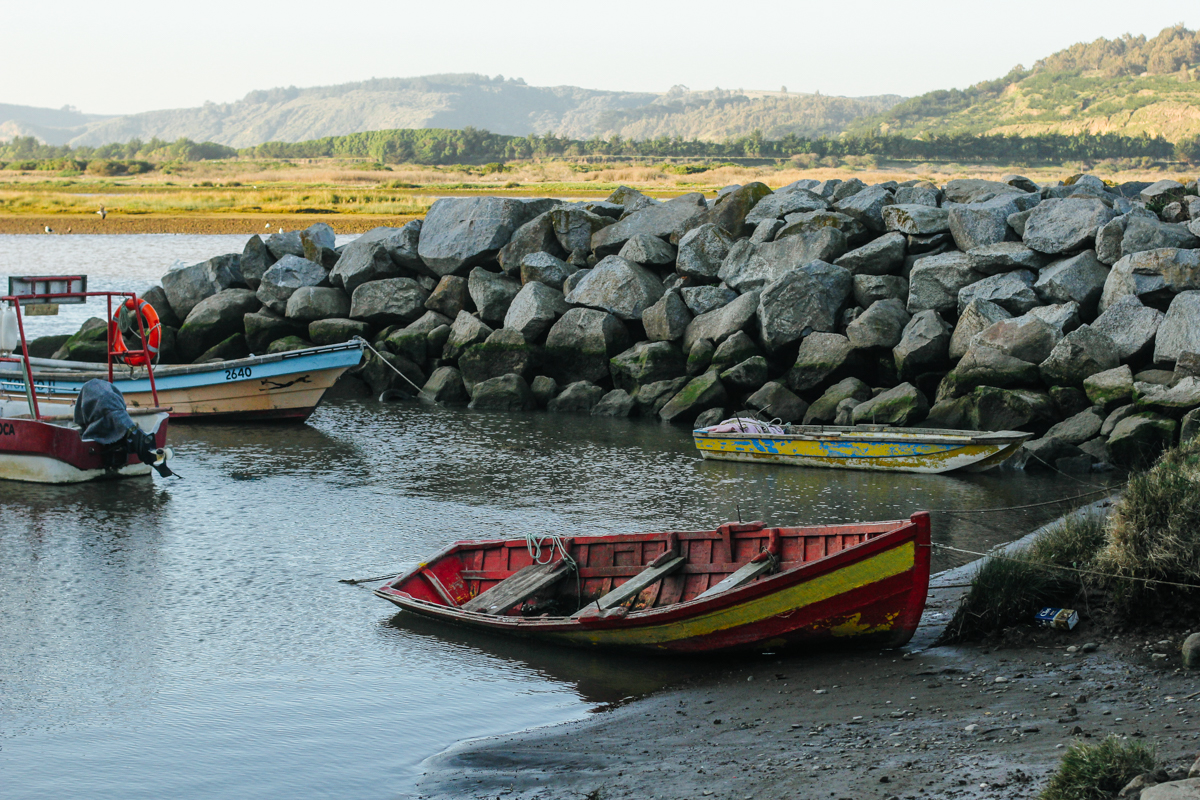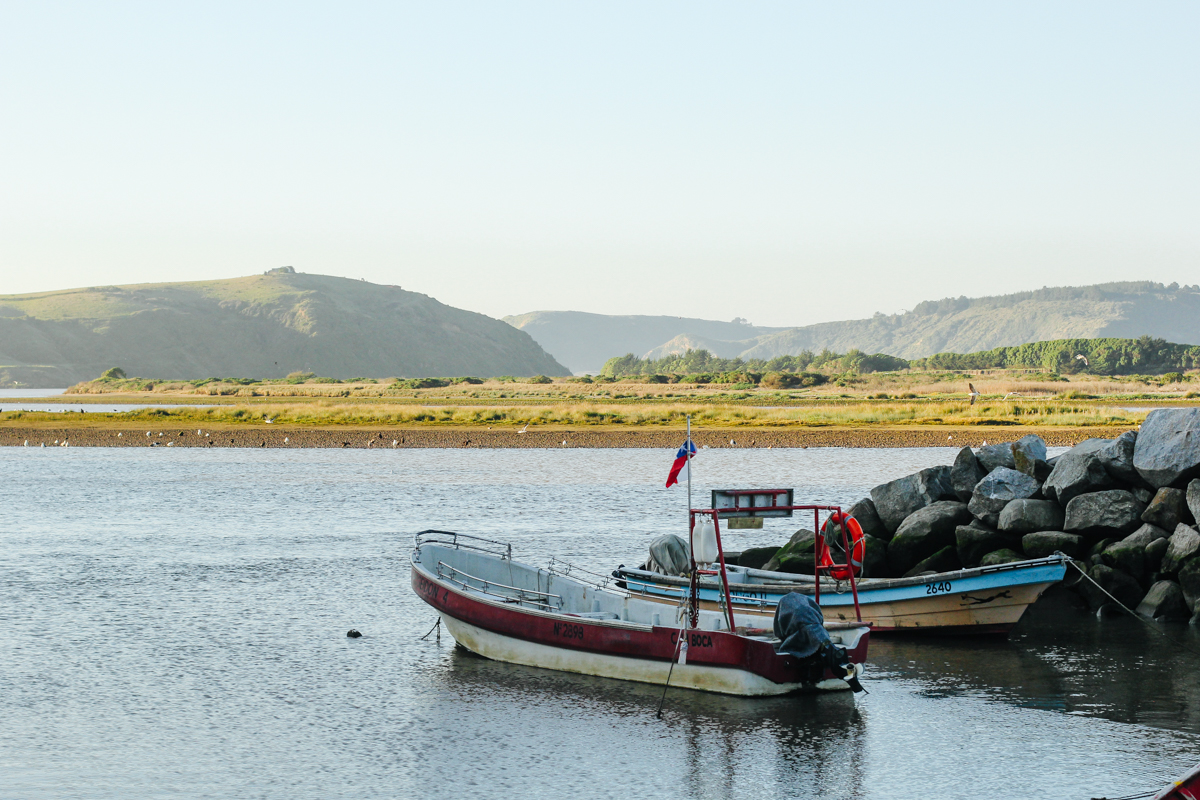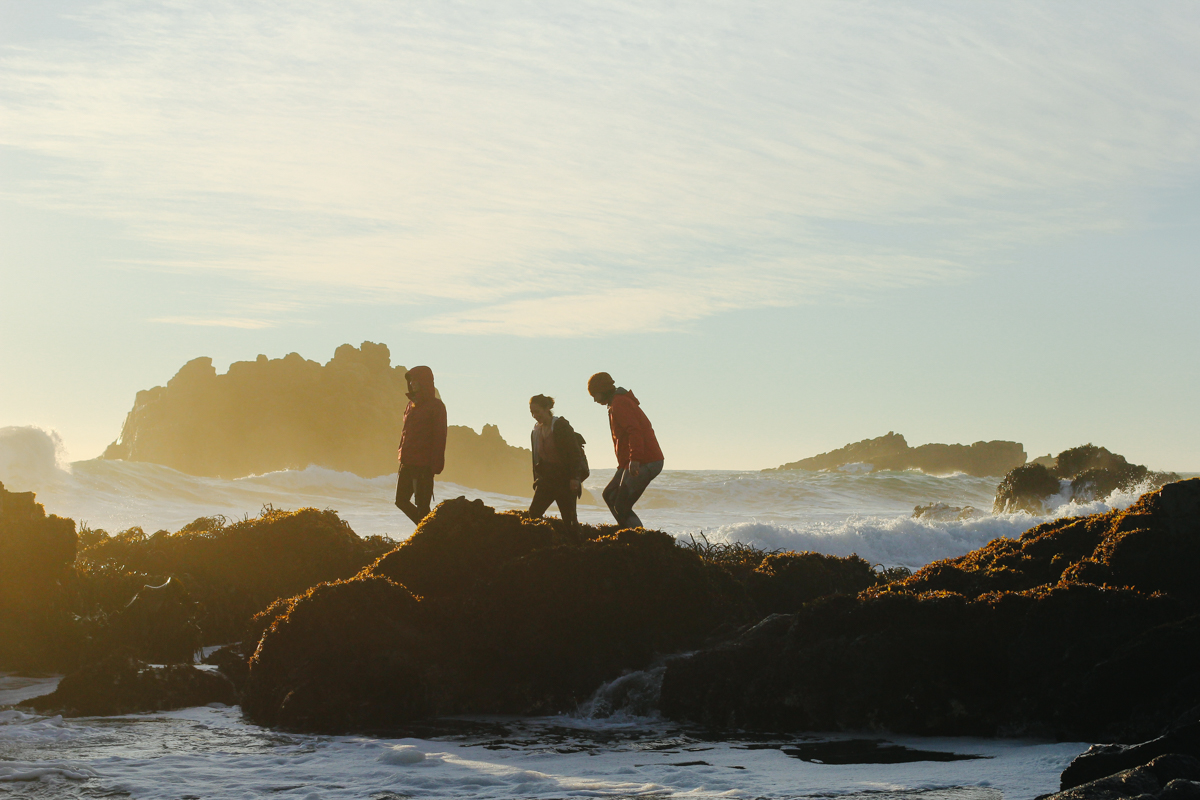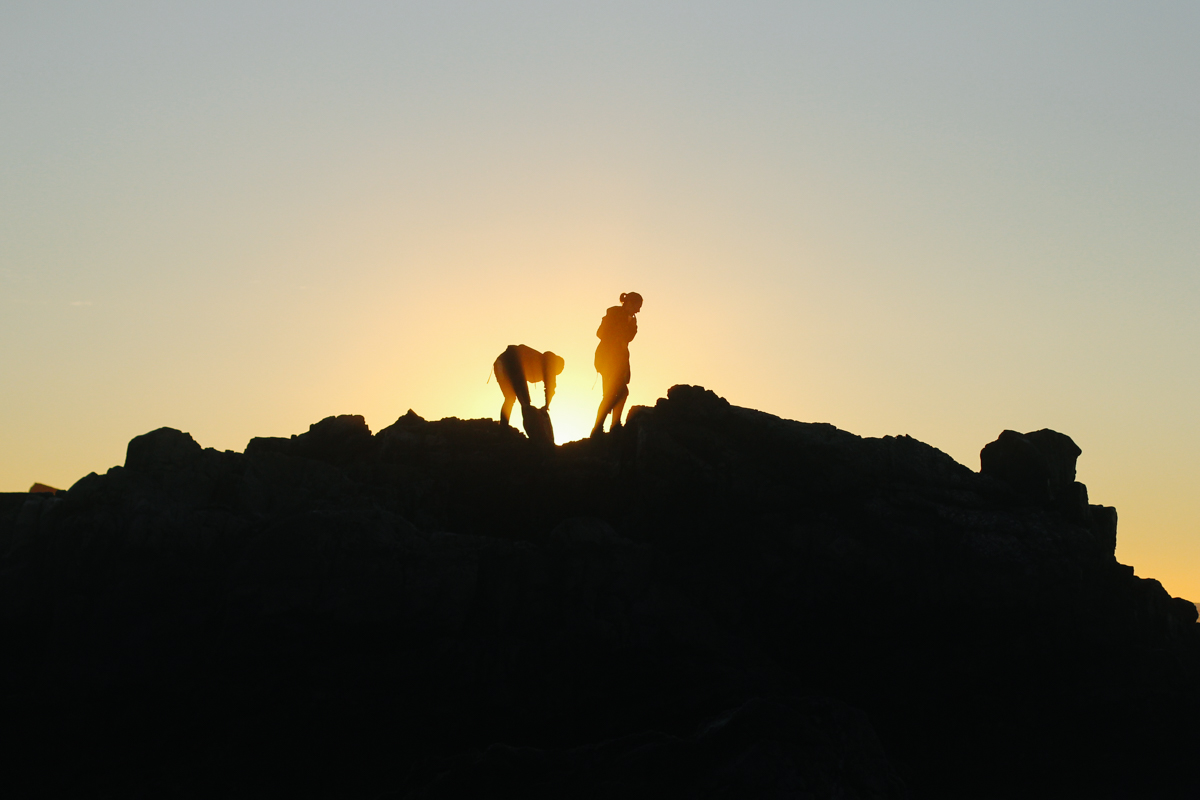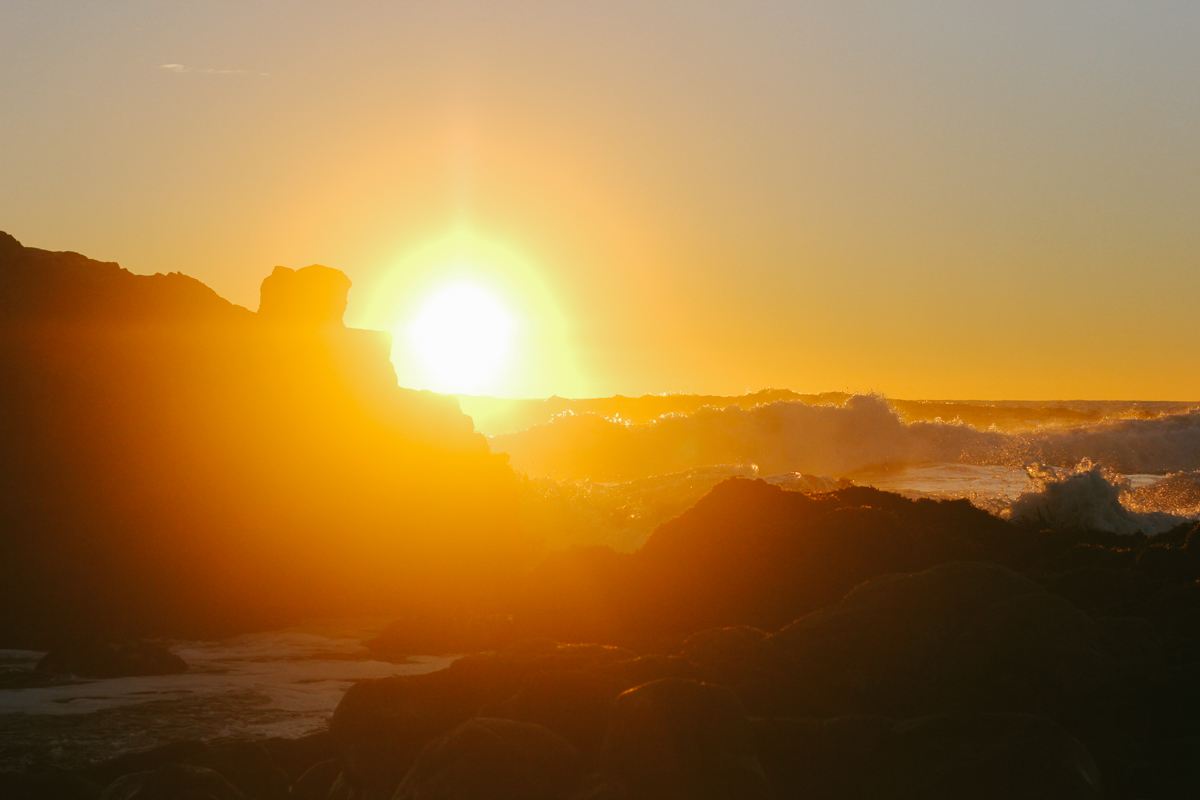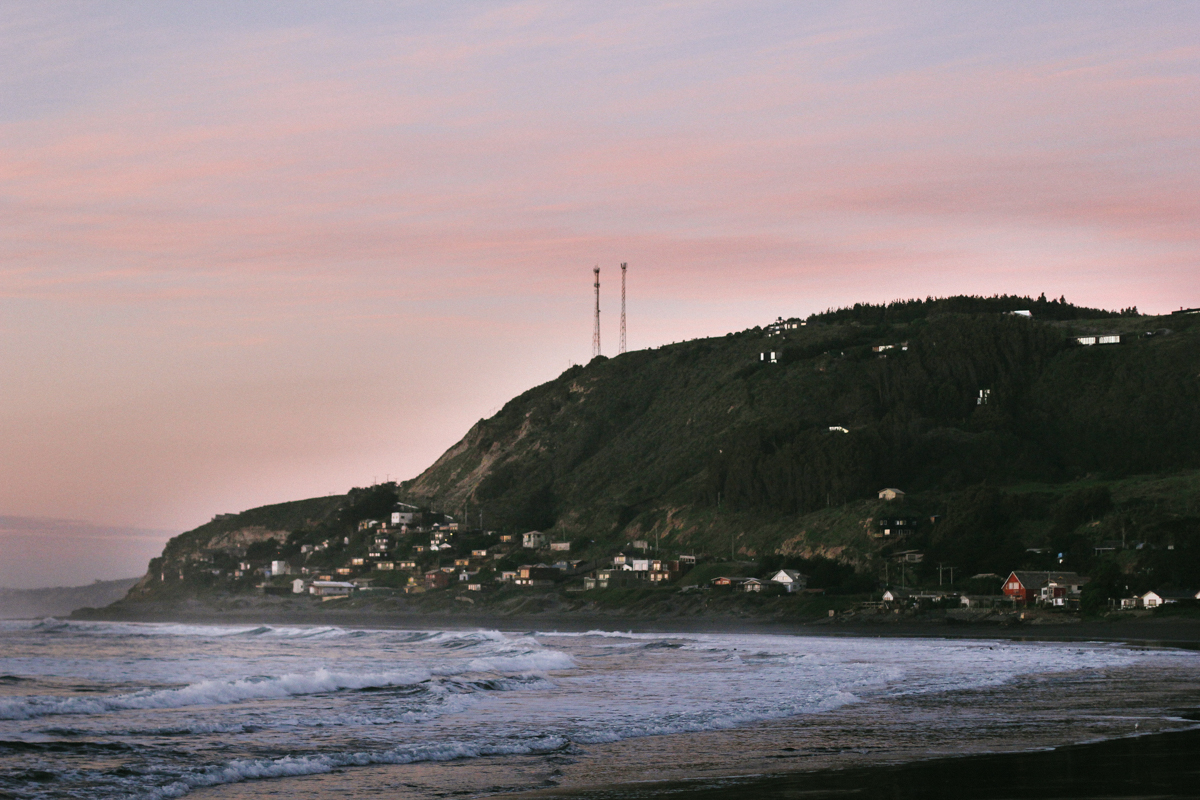The world is truly beautiful and I cannot comprehend it. I cannot even begin to express the things I've seen.
One of the perks of being a marine biologist is that you get to travel. We travel frequently at the station to different sites to collect samples and data, and the places I've seen are some of the most gorgeous and inspiring vistas I've ever beheld. I've been dumbfounded, excited, scared, and revitalized in ways I never knew possible. The majority of my favorite moments in this country have been spent in the field, whether sharing a tender last moment in the sunset before my departure or a shared feeling of awe. Some of my best learning moments as well as some of my best photographs have come from days in the field. I jump on the chance to go into the field, occasionally even pestering my lab buddies about going. Some have joked it's because I "just want to go to take pictures," but it is so much more than that to me. It is a chance to learn more about research in my field, build relationships (that's what long car rides are for!), and have the opportunity to broaden my horizons.
The world is so much more surprising and beautiful than I think we realize. These things are real, and there are places out there that take your breath away or make you feel something you didn't know you could feel. I have seen the sun rise over ancient rocky ledges and the snow-capped Andes in the largest vista I've ever seen. I am in awe each time. I am so incredibly humbled and feel so grateful to have such an opportunity.
The primary purpose of field work is to collect data. Every lab at the station is focused on something different, whether it be community surveys (looking at what lives in that place), abundance, or competition. All of the data that we take is important in its own way and works together to create a more in-depth picture about the way in which life functions in this underwater alien world. Like all sciences, there are protocols and methodology that can only be learned through instruction and practice. I try to go on every conceivable trip into the field in an effort to gain experience. Why not? It's critical to know how to do these fundamental aspects of biology, and plus going into the field can be difficult, especially here in Chile. The waves are often very unforgiving and the rocks can be slick or difficult to maneuver over, so even just getting to the data can be more difficult than actually collecting it. I'm still a little slow and clumsy at times, but the more I have practiced, the more confident I feel.
I find that science and relationships intertwine in the field. There are many places in which trust is necessary. Having to rely on each other and working towards a common goal in a sometimes merciless environment really does something to strengthen your bond and develop mutual understanding. I learned that firsthand last year and have continued to learn it this year. You learn a lot about people in moments of tension, and you learn a lot about yourself as well. I've been stretched and I've been the most vulnerable I've ever been, more vulnerable than I wanted to be. But, I've also been stronger and more powerful than I've ever been. I've seen it change other people, too, turning them into unshakable forces with determination and courage to complete what we set out to accomplish.
I feel like I know the people I've gone into the field with far better. Working with them in the slick rocks with the waves shows you people in a more raw, vulnerable light. But, you also have a long time to talk to them in the car. Some of my best, deepest conversations have occurred during the driving portion of the trips. Some of my most tender conversations have happened in the field itself. The sea seems to have a way of connecting people.
It isn't often that I actually get to photograph in the field because I am working, but I try to get as many shots as possible when I go. Below are just a few that I have taken this year.
LOS MOLLES
PICHILEMU
LOS ANDES
MATANZAS
You cannot see these places and not be changed. I cannot comprehend how you can see such beauty and not be moved. Sometimes people see these places so often that they become numb to it and it doesn't affect them anymore. The feeling has long been forgotten, the sense of wonder lost. But, I don't think it's ever completely forgotten, however. Walking back from Pichilemu in the forceful wind and brilliant sunshine, I looked back to make sure that my lab partner was behind me. He stopped every so often, looking out to the sea and trying to catch the last few glimpses before it was blocked from view. "Are you ok?" I asked through the wind, making sure we hadn't left anything or missed something. "I'm ok," he replied back as he continued to admire the expanse of sea and rock. "Just looking." He paused a few more seconds before smiling up at me as we continued to traverse our way up the hill. Seeing something lovely through someone else's eyes is its own form of beauty. Another dear friend was viewing the same place for the first time, soaking in everything after having waited for so long to see it. I could feel her joy as it exuded from her, and I felt like I was seeing the place anew myself because of her.
The world is beautiful. The sea is beautiful. But, people are beautiful, too, and sometimes you need somewhere incredible to remind you of that.


